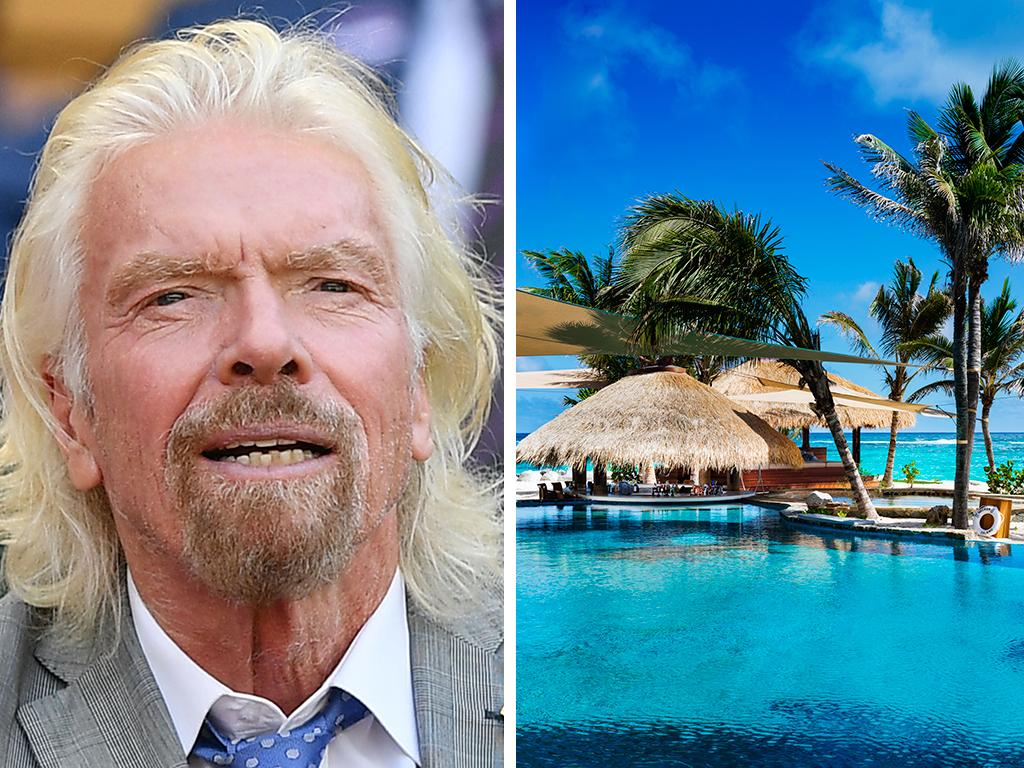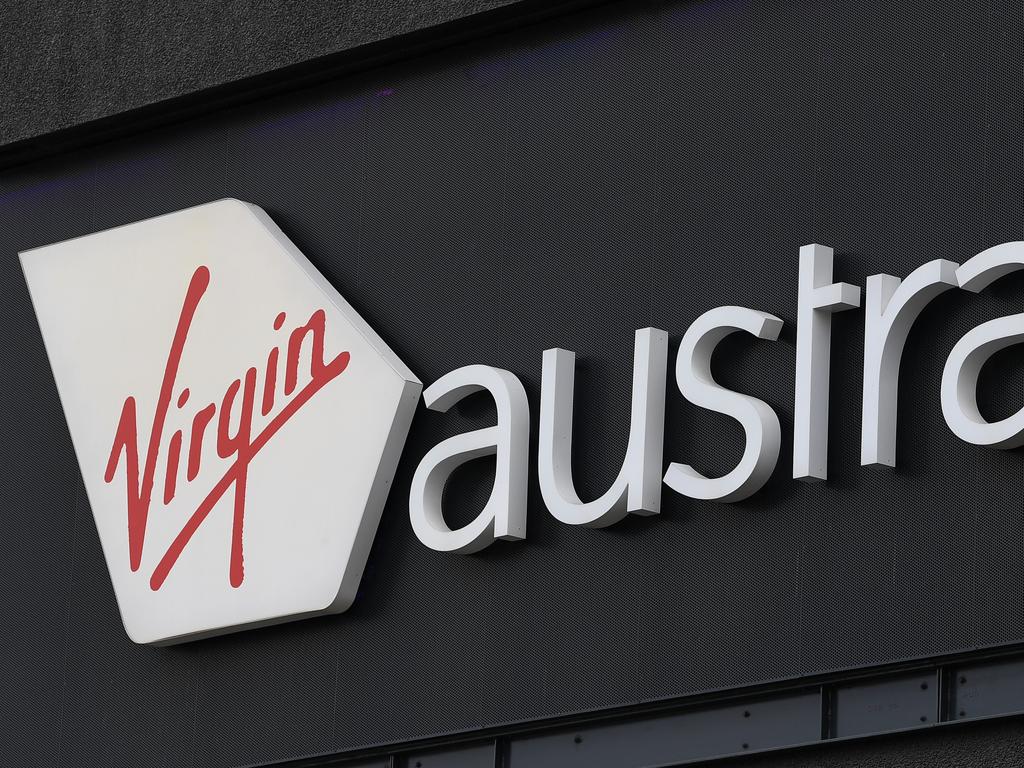Virgin Australia formally enters administration
Virgin Australia CEO Paul Scurrah reveals he put a total of eight proposals to the federal government, all of which were knocked back.
Virgin Australia CEO Paul Scurrah revealed he had put a total of eight proposals to the federal government designed to assist the airline but all were knocked back before the airline was placed into administration on Tuesday.
“I think I’d be lying if I didn’t say I was disappointed,” said Mr Scurrah.
“The correspondence that was going back and forwards was trying to structure it in a way that would address the government’s concerns around any criticism of potentially nationalising an airline or taking an equity stake. Ultimately we didn’t get there.”
Administrators said more than ten parties were circling Virgin Australia for a possible sale following the appointment of administrators to salvage the airline from financial ruin.
With debts in excess of $5bn and virtually no revenue as a result of the coronavirus crisis, Deloitte was named as the administrators for the airline group in a statement to the ASX.
The move into voluntary administration followed the federal government’s rejection of a $200m grant designed to see Virgin Australia through the next two weeks.
Vaughan Strawbridge of Deloitte, declined to reveal any details of the interested parties but indicated there were a number of overseas investors among them.
He said the intention was to seek expressions of interest over the next few weeks, and be close to completing a transaction in four to five weeks after that.
“The good thing is there are a number of sophisticated interested parties who will be able to put resources in to do their due diligence quickly so we can keep that as a tight time period,” Mr Strawbridge said.
“That’s also about keeping competitive tension among the interested parties and that will help us drive the timetable to make sure it’s not a protracted process. This is a matter of months, it’s not six, nine, 12-months.”
Velocity part of the package
Although it was the aim to sell Virgin Australia as a single entity, rather than break up the airline group, Mr Strawbridge said administrators would assess all proposals on their merits.
“The intent is to seek to sell the majority if not all of the business as one,” he said.
“(Frequent flyer program) Velocity is an important part of the business and it’s intended as we go through the restructuring process that we offer that up as part of the package.”
He said all Velocity points would be preserved, despite a four-week freeze on redemptions following a run on members cashing in points and seeking refunds.
Customers with travel credits could also be reasonably confident they would get to use those vouchers but Mr Strawbridge noted there could be “no guarantees”.
“Ultimately that’s going to be for the interested party that buys the business,” he said.
“It is intended that will be part of the discussions around the restructuring and it’s a very important element as well because it all goes to the value we can place on the business.”
No redundancies
The management team headed by Mr Scurrah would continue to run Virgin Australia on a day-to-day basis and Mr Strawbridge said there would be no redundancies.
“We’ll continue to meet those wages, the staff who’ve been stood down and are eligible will receive the jobkeeper allowance. We want to retain as many jobs as possible coming through this process,” he said.
Mr Scurrah said Australia needed a second airline and they were “determined to keep flying”.
“Our decision today is about securing the future of the Virgin Australia Group and emerging on the other side of the COVID-19 crisis,” he said.
A Qantas spokesman said it was a “very tough day for all the people at Virgin and the thoughts of everyone at the Qantas Group are with them”.
“Their hard work has brought more competition to the market which helped create Jetstar and ultimately push Qantas to do better,” he said.
“Like everyone else, we want competition to continue.”
Political fight
The Virgin ‘s failure has already triggered a political bunfight, with a senior government source describing the step into voluntary administration as preferred.
“Under this model, our preferred outcome is that the airline emerges as a competitor with Qantas but not costing the government a dollar,” a senior government source said.
“Labor, on the other hand, wanted to line the pockets of foreign owners and billionaires.”
But shadow transport minister Catherine King said in fact it was Scott Morrison who signed off on $100m in cash grants for regional airlines, including the majority foreign-owned Regional Express (Rex).
“What the Morrison government is proposing is a weaker second player in the market,” Ms King said.
“More profitable routes will stay, and those less profitable regional routes to many of our tourist destinations will be shrunk back.”
Virgin Australia shares, worth a mere 8.6 cents, have not traded since a halt was called on April 14, followed by a suspension two days later.
Shares in the airline were first listed at $2.25 when Virgin Blue Holdings was floated in 2003, but this year have fallen as low as 5.5 cents.







To join the conversation, please log in. Don't have an account? Register
Join the conversation, you are commenting as Logout